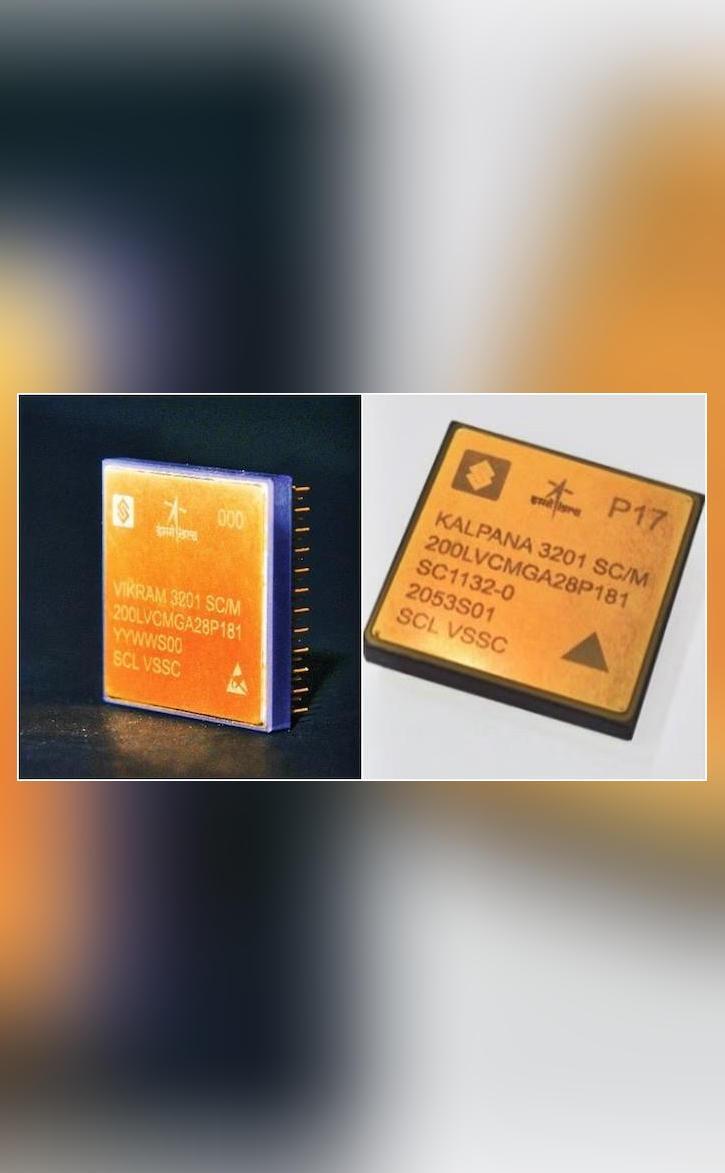
ISRO & SCL Develop 32-bit Microprocessors for Space Applications
The Indian Space Research Organisation (ISRO) has taken a significant step forward in the field of space technology by developing two 32-bit microprocessors, VIKRAM3201 and KALPANA3201, in collaboration with the Semiconductor Laboratory (SCL) in Chandigarh. These microprocessors have been designed specifically for use in space applications, marking a major milestone in India’s quest for self-reliance in the space sector.
VIKRAM3201, the first fully “Make-in-India” 32-bit microprocessor qualified for use in launch vehicles, is a testament to India’s capabilities in developing cutting-edge technology for space exploration. The microprocessor is designed to operate in the harsh environmental conditions encountered during launch, making it a crucial component in the development of launch vehicles.
The development of these microprocessors is a significant achievement for ISRO and SCL, as it showcases the ability of Indian industries to design and manufacture complex electronic components for space applications. The collaboration between the two organizations highlights the importance of public-private partnerships in driving innovation and advancing the country’s technological capabilities.
Features of VIKRAM3201 and KALPANA3201
The two microprocessors, VIKRAM3201 and KALPANA3201, share many common features, including their 32-bit architecture and ability to operate in harsh environmental conditions. Some of the key features of these microprocessors include:
- 32-bit architecture: Both microprocessors have a 32-bit architecture, which allows them to process and execute instructions more efficiently than 16-bit or 8-bit microprocessors.
- High-speed processing: VIKRAM3201 and KALPANA3201 are designed to operate at high speeds, making them suitable for use in applications where fast processing is required.
- Low power consumption: The microprocessors have been designed to consume low power, making them suitable for use in applications where power consumption needs to be minimized.
- Radiation hardness: The microprocessors have been designed to operate in harsh environmental conditions, including radiation, which is a major concern in space applications.
- High reliability: VIKRAM3201 and KALPANA3201 have been designed to ensure high reliability, making them suitable for use in critical applications.
Applications of VIKRAM3201 and KALPANA3201
The VIKRAM3201 and KALPANA3201 microprocessors have a wide range of applications in the space sector, including:
- Launch vehicles: The microprocessors are designed to operate in the harsh environmental conditions encountered during launch, making them suitable for use in launch vehicles.
- Spacecraft: The microprocessors can be used in spacecraft to control various systems and subsystems, including navigation, communication, and power systems.
- Satellite systems: The microprocessors can be used in satellite systems to control various systems and subsystems, including communication, navigation, and power systems.
- Ground stations: The microprocessors can be used in ground stations to control and monitor various systems and subsystems, including communication, navigation, and power systems.
Impact of VIKRAM3201 and KALPANA3201 on the Indian Space Industry
The development of VIKRAM3201 and KALPANA3201 microprocessors is a significant achievement for the Indian space industry, as it demonstrates the ability of Indian industries to design and manufacture complex electronic components for space applications. The microprocessors are expected to have a wide range of applications in the space sector, including launch vehicles, spacecraft, satellite systems, and ground stations.
The development of these microprocessors is also expected to have a positive impact on the Indian economy, as it is expected to create new job opportunities and drive innovation in the space sector. The collaboration between ISRO and SCL is a testament to the importance of public-private partnerships in driving innovation and advancing the country’s technological capabilities.
Conclusion
The development of VIKRAM3201 and KALPANA3201 microprocessors by ISRO and SCL is a significant achievement for the Indian space industry, as it demonstrates the ability of Indian industries to design and manufacture complex electronic components for space applications. The microprocessors are expected to have a wide range of applications in the space sector, including launch vehicles, spacecraft, satellite systems, and ground stations. The development of these microprocessors is also expected to have a positive impact on the Indian economy, as it is expected to create new job opportunities and drive innovation in the space sector.
Source:






